ABB has released a report exploring carbon capture, hydrogen energy, and electrochemistry as the main decarbonization pathways in steel production. This report focuses on the innovative methods and new technological developments in fossil free steel achieved by Brazil, China, India, Sweden, and the United States, including insights from leading global steel manufacturers such as SSAB, Tata Steel, and Aperam, as well as experts from the American Steel Institute and ABB.
The steel industry accounts for approximately 8% of global energy demand and produces 7-9% of global carbon dioxide emissions, with the majority coming from coal combustion. The new report by ABB titled ‘The Development Path of Fossil Free Steel – How to Achieve a Sustainable Future’ explores the current decarbonization challenges, including the cost and complexity of transitioning to low-carbon technologies and accessing hydrogen energy, clean electricity, high-grade iron ore, fossil free carbon, and lime.
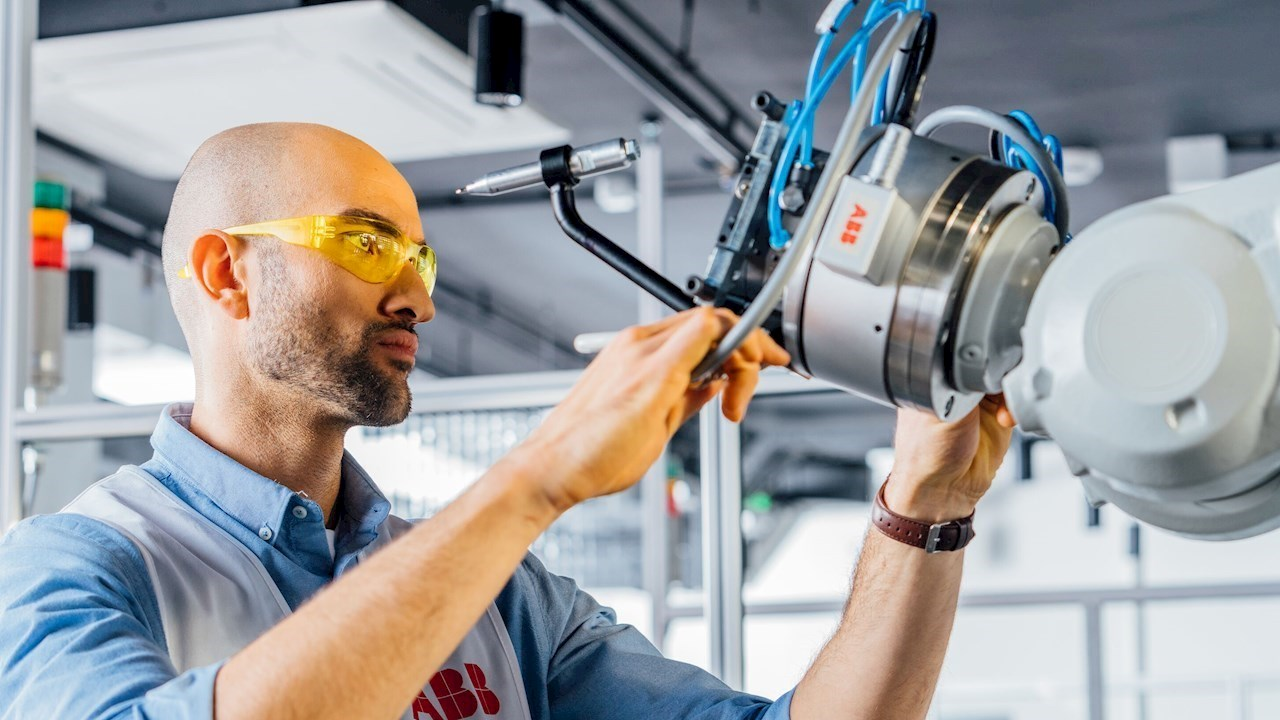
The current steel production is a carbon and energy intensive industry, classified as one of the six “difficult to decarbonize” industries. In order to achieve the climate change target set by the United Nations’ Paris Agreement of keeping global temperatures within 1.5 ° C of pre industrial levels, the steel industry must achieve net zero emissions by 2050. This requires a thorough transformation of the steel industry, especially against the backdrop of an expected 30% increase in global steel demand during the same period.
This report introduces the actions that steel producers can currently take to reduce carbon emissions in the short to medium term, as well as the steps they can take to collaborate with industry suppliers and partners towards a fossil free steel future.
Regulatory, commercial, and social drivers are accelerating the decarbonization process in the steel industry, “said Frederik Esterhuizen, Global Head of ABB’s Steel and Nonferrous Metals business.” However, in order to address the core challenges mentioned in ABB’s report and gradually phase out fossil fuels, the steel industry needs strong comprehensive solutions and collaboration at all levels of the global steel supply chain to achieve success”
Through cooperation, a digital, autonomous, and fossil free steel industry can be achieved. ABB is adopting a collaborative and cooperative approach to integrate innovative technologies with ABB’s existing product portfolio for the steel industry. Throughout the world, the steel industry is committed to achieving a sustainable future, and multiple promising technologies are being implemented. Through innovation and cooperation, the future of green steel is promising.

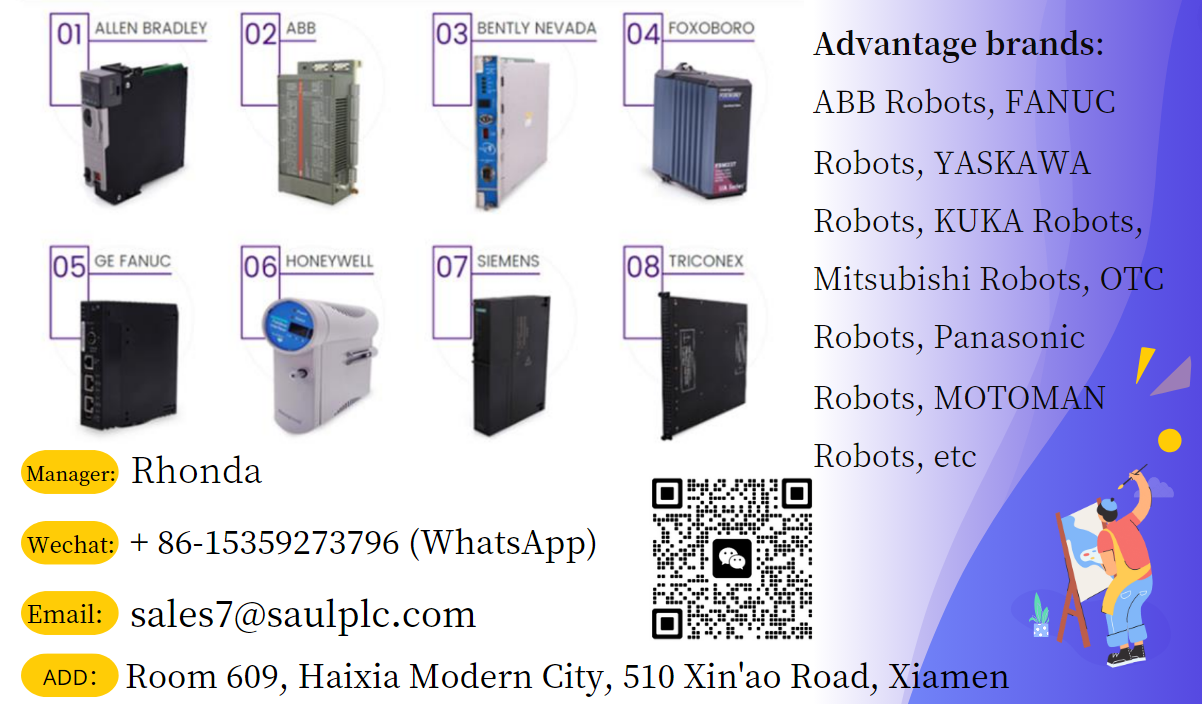
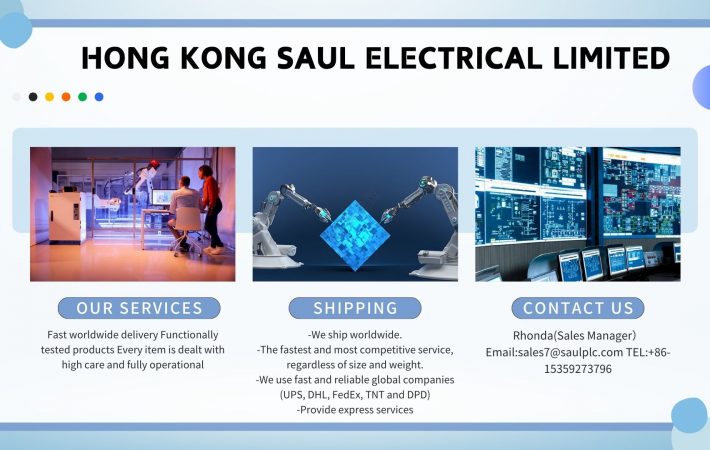
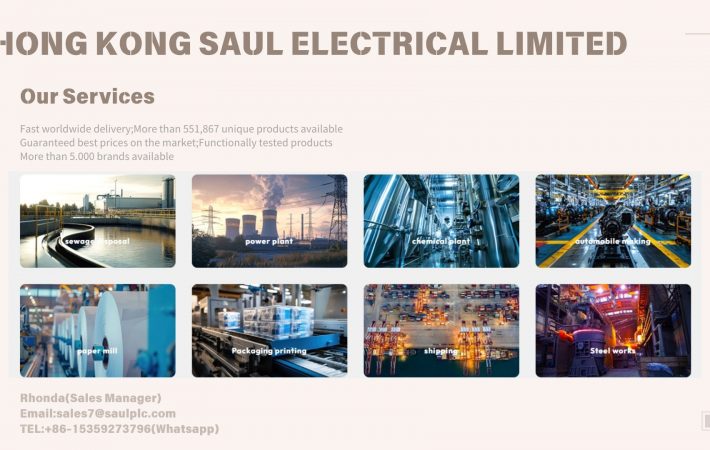
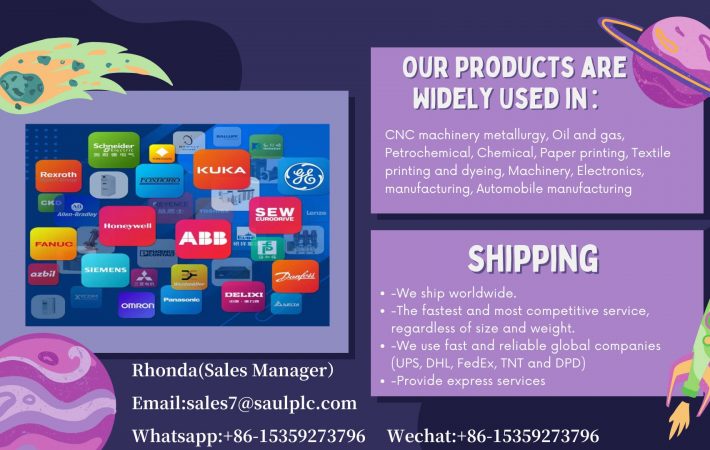
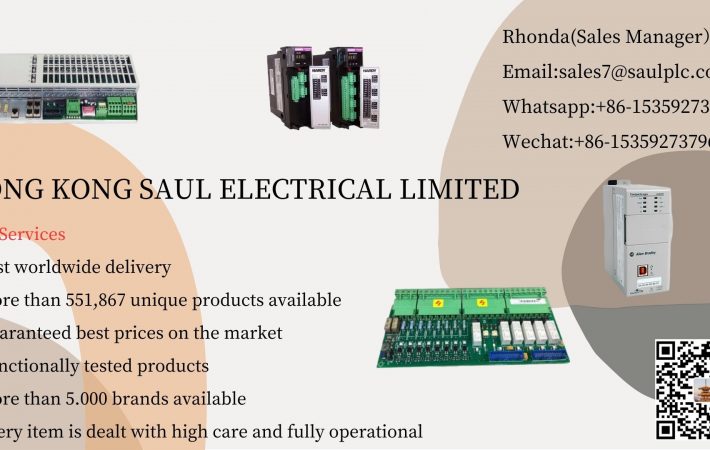
Leave a comment
Your email address will not be published. Required fields are marked *